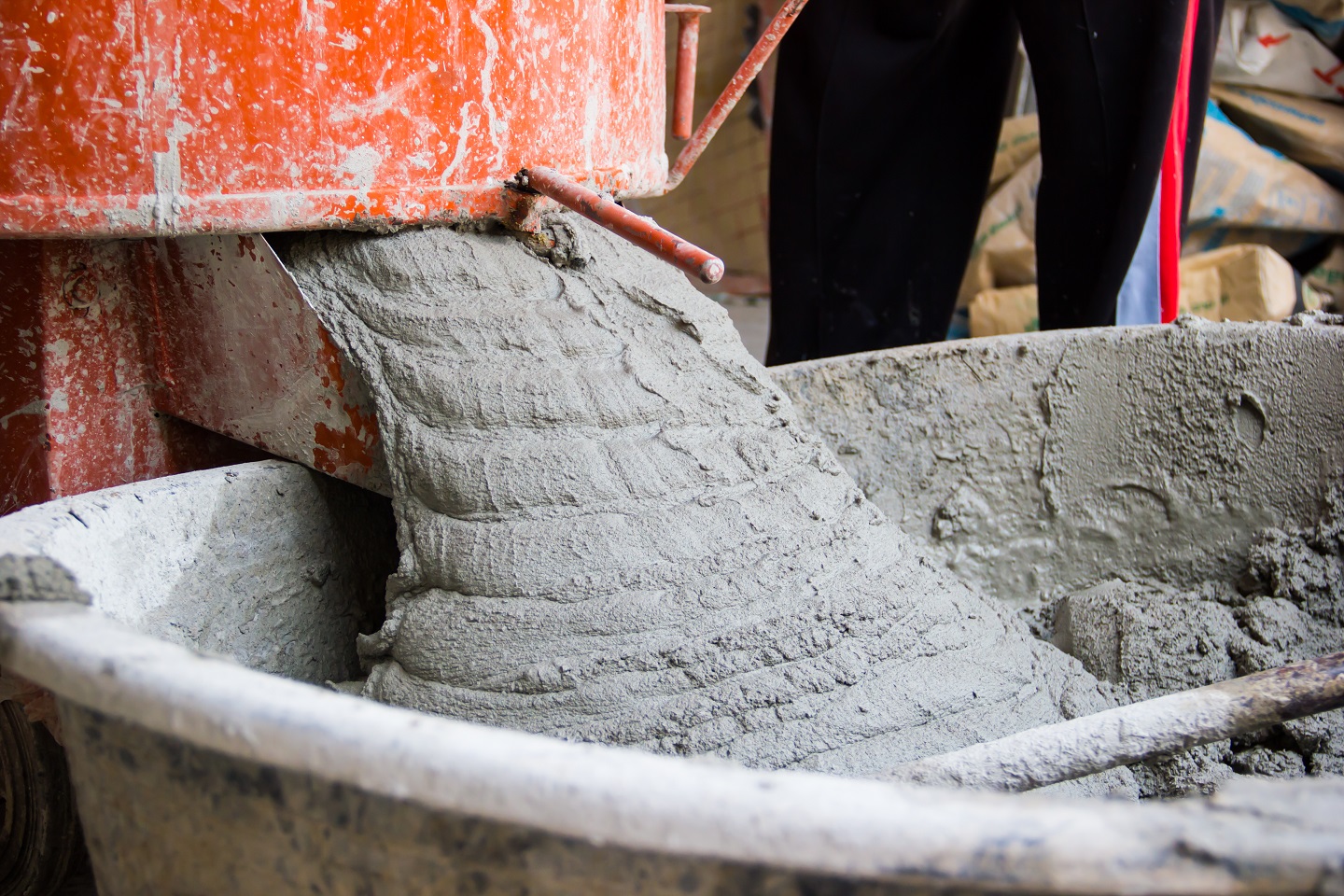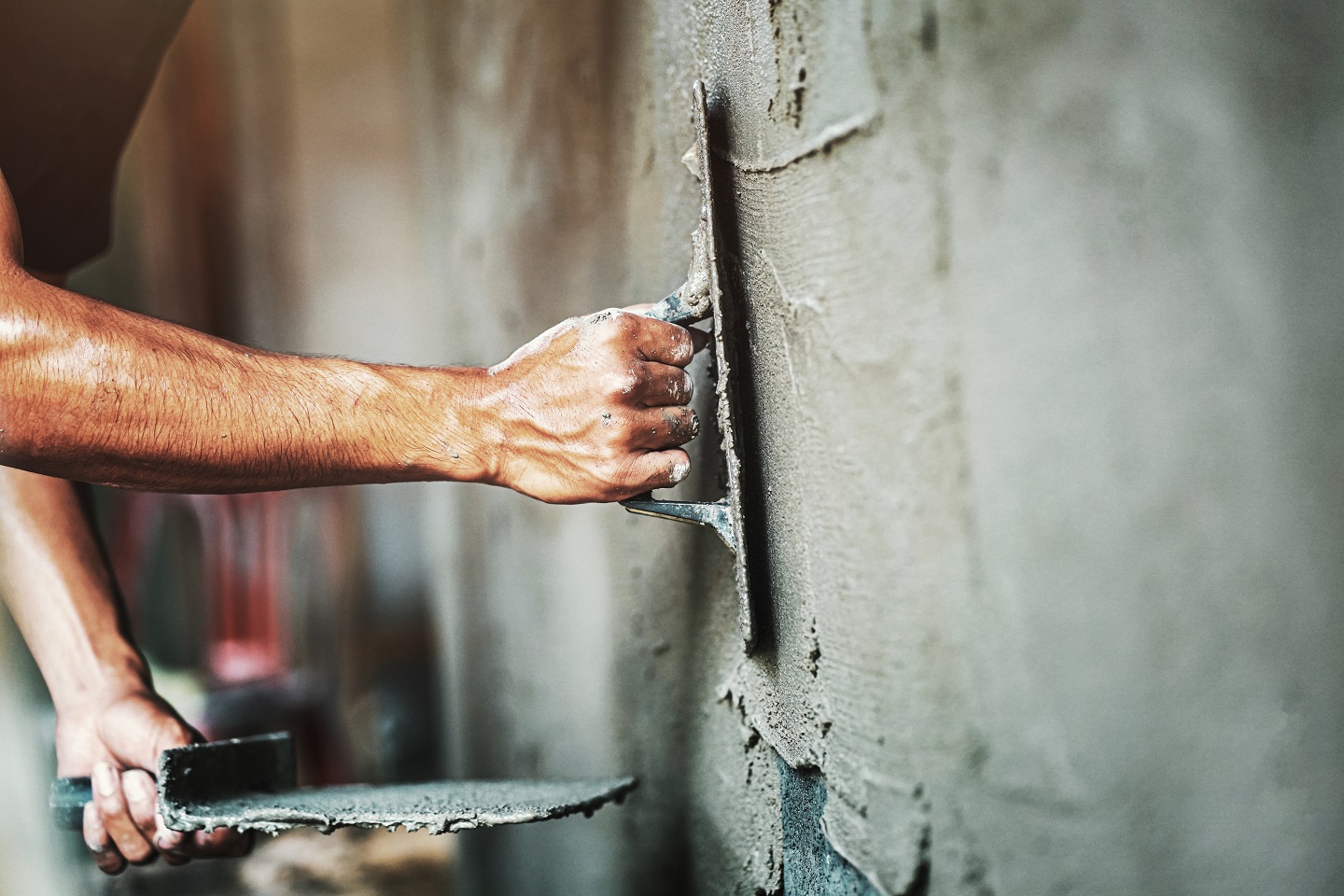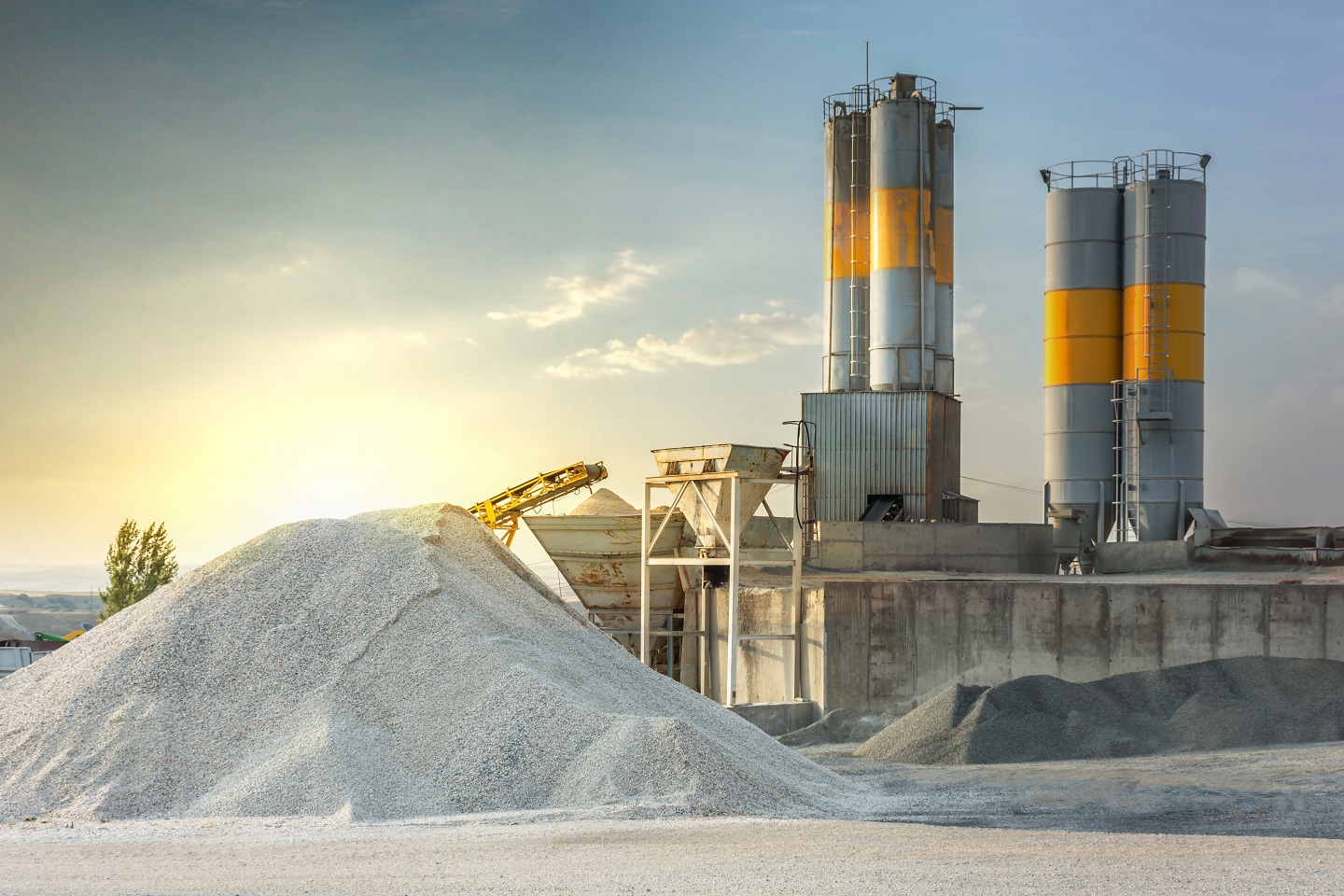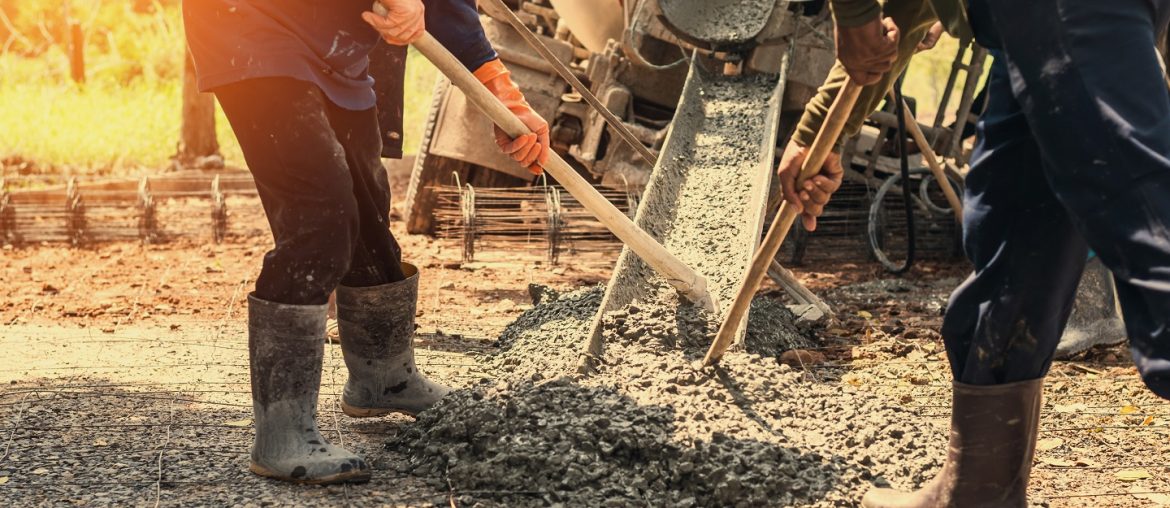Mortars for construction are a paste-like mixture of sand, cement, lime, and water. They provide a watertight joint between the stones and bricks in building construction. There are different types of mortars based on the nature of the application, binding materials, bulk density, particular uses, etc.
Nature of application
According to the nature of the application, there are two types of mortars:
- Brick or stone laying mortar.
- Finishing mortar.
Brick or stone laying mortar

Brick or stone laying mortars for construction bond together stones or bricks, usually in masonry walls.
Finishing mortars for construction
The general type of plastering uses cement or lime mortar. Finishing mortar for construction is primarily used in pointing or plastering works. They work to provide architectural effects and aesthetic appearance as well. They strengthen the structure and create resistance against rain, wind etc.
Binding materials mortars
According to the type of binding materials mortars for construction are:
Cement mortar
Cement and sand respectively work as binding materials and contaminants, providing high strength. The proportion of these materials vary from 1:2 to 1:6 to provide resistance against water.
Aerated cement mortar
General cement mortar adds air-entraining agents to provide plasticity. It increases workability as well.
Lime mortar
Lime mortar for construction provides high plasticity. The two types of limes, respectively, are fat and hydraulic lime, which provide good results in dry work and damp conditions.
Gauged mortar

Gauged mortars for construction use a 1:6 to 1:8 ratio of cement to lime. This type of mortar provides high plasticity and high strength.
Surkhi mortar
Surkhi is a type of finely powdered burnt clay free of any admixtures and impurities. This substance with a mixture of lime and water provides more strength than cheap sand.
Gypsum mortar
Gypsum mortar uses plaster and soft sand consecutively as binding material and fine aggregate. However, it has low durability in damp conditions.
Bulk density mortar types

According to bulk density, mortars for construction are:
Heavy mortar
If a mortar has a bulk density of 15 KN/m3, it is a heavy mortar. Usually, heavy quartzes work as contaminants in this case.
Lightweight mortar
If a mortar has a bulk density of less than 15 KN/m3, it is a lightweight mortar. Usually, light porous sands and soft sands work as pollutants for this type of mortar.
According to particular purposes, mortars for construction are:
Fire-resistant mortar
Aluminous cement in a fine powder of fire bricks works as fire-resistant mortars for construction. It works as a fireproof shield in particular zones with fire warnings.
Packing mortar
Cement-loam, cement-sand, or sometimes cement-sand-loam work as constituents in this type of mortar. Pack mortar works as water resistance, provides high homogeneity and high strength.
Chemical resistant mortar
The selection of mortars, in this case, depends on the expected damage by a specific chemical or a group of chemicals—this type of mortar work as a shield where there’s a possibility of a chemical attack.
Sound absorbing mortar
Cement, lime, gypsum, slag, etc., work as binding material and pumice, cinders as adulterants in these mortars. Sound absorbing mortars reduce the noise level, working as a soundproof layer.
Mortars solidify the infrastructure of construction. When working with bricks, cement and other masonry units, one should use the right type of mortar. This is because few mortars are too hard and it can further lead to cracks in the structure and reduce the strength of the structure. Henceforth, it is necessary to take appropriate care and know all the unit measurements and compaction capacity while choosing the mortar.




